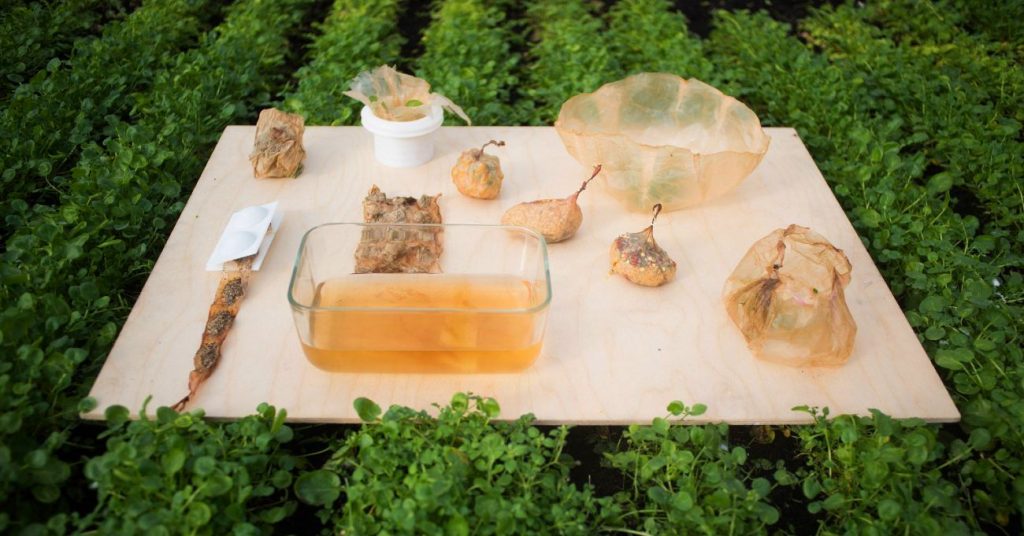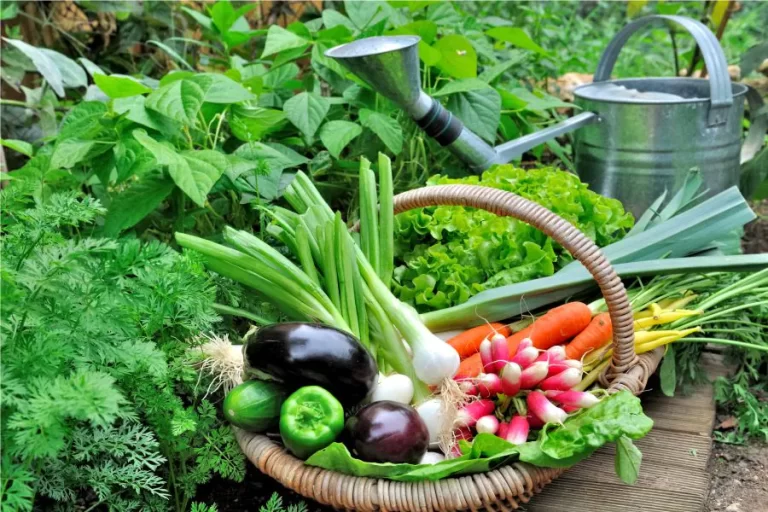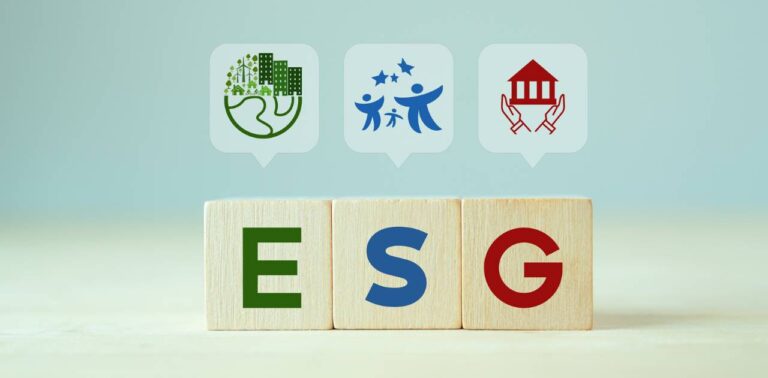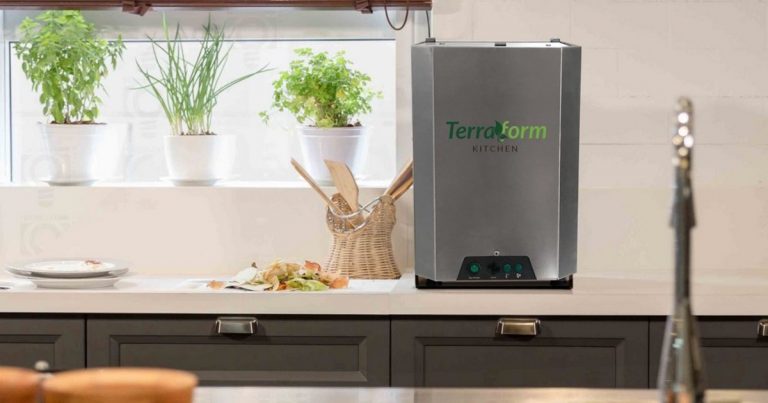Kombucha, an ancient beverage known for its health benefits, is gaining popularity in the wellness world. However, kombucha’s potential goes beyond simply promoting a healthy lifestyle. Recently, it has been explored as a sustainable alternative to plastic packaging, presenting an innovative solution to a growing environmental problem.

What is Kombucha and How is it Made?
Kombucha is a fermented, probiotic drink made from sweetened green or black tea that comes into contact with a symbiotic colony of bacteria and yeast known as a SCOBY (Symbiotic Culture of Bacteria and Yeast). The fermentation process, which takes 7 to 10 days, results in a drink with a sweet, sour flavor that, according to personal reports, can help balance the human body. The benefits mentioned include improvements in the immune and digestive systems.
During fermentation, the colony of bacteria and yeast, the Scoby, multiplies, creating new layers that can be used for future fermentations. This characteristic of the Scoby is crucial not only for the production of the beverage, but also for innovation in the field of packaging.
Kombucha as an Alternative to Plastic Packaging
With the catastrophic environmental impact of plastic, the search for sustainable alternatives has become urgent. Polish designer Roza Janusz saw a unique opportunity when she observed the Scoby, which after fermentation turns into a cellulose plate. Janusz developed a biodegradable material that could replace single-use plastic packaging.
The production of plastic, especially single-use plastic, results in millions of tons of waste each year, which can take hundreds of years to decompose. These plastics often end up in oceans and rivers, where they break down into microplastics that are mistaken for food and consumed by animals, including humans. Growing awareness of the harm caused by plastic has created a market for innovative alternatives like the material developed from Scoby.

The Innovation of Roza Janusz
During her time at the School of Form in Poznań, Poland, Roza Janusz developed a method for turning Scobys into edible, usable containers for dry or semi-dry foods. This process involves allowing the bacteria in the Scoby to consume the sugars present in a liquid, resulting in a gelatinous membrane that acts as a living lid.
In 2018, Janusz founded the biodesign studio MakeGrowLab together with environmental scientist Josh Brito. The initial goal was to research the qualities of the material, but the team soon realized the need for broader commercial development of the Scoby. The material developed is not plastic or bioplastic, but pure cellulose. After perfecting the process, Janusz was able to create a packaging that is durable, malleable, antibacterial and has a shelf life of six months.
Benefits and Challenges of Scoby Packaging
Scoby packaging offers several benefits over traditional plastic. Its durable texture acts as a barrier to oxygen and, in addition, the packaging is completely compostable. After use, it can be consumed, as it absorbs the flavor of the food it contains, or completely composted to enrich the soil.
However, despite the benefits, development and large-scale production face challenges. The average time for a Scoby leaf to grow is two weeks, and production costs are still high. The team is planning to move to a larger-scale facility to begin mass production, and continues to sell samples online to fund their research.
The Future of Scoby Packaging
Roza Janusz has ambitious plans for the future of Scoby packaging. She expects that soon, Scoby-based products will be launched in collaboration with customers across a range of industries, including textiles. Janusz’s vision is that in the “perfect future,” companies will be able to “grow” their own packaging, reducing the need for logistics and offering an environmentally friendly solution. The ability to grow Scoby anywhere makes this vision even more promising.
Kombucha, known for its health benefits, is also establishing itself as an innovative solution to environmental problems. Not only does Scoby-based packaging offer a biodegradable alternative to plastic, it also opens up new possibilities for sustainability. As the world grapples with the plastics crisis, innovations like Roza Janusz’s are essential to creating a greener, more sustainable future.
Check out other interesting facts about recycling clicking here.
Learn how to make art by recycling, Click here.




I loved the article…how do I contact the company that created it? I would love to exchange information as I am a big supporter of sustainable and replicable projects ([email protected])
Hello Patricia, let's go.
Who developed the article: Me (Ricardo Ricchini) https://www.ricchini.com.br
However, based on information from Roza Janusz: https://www.makegrowlab.com SAZ Artisanal: https://www.sazartesanal.com.br and this article from Medium: https://onezero.medium.com/kombucha-slime-is-an-edible-solution-to-the-worlds-plastic-problem-d1b87ce3085e